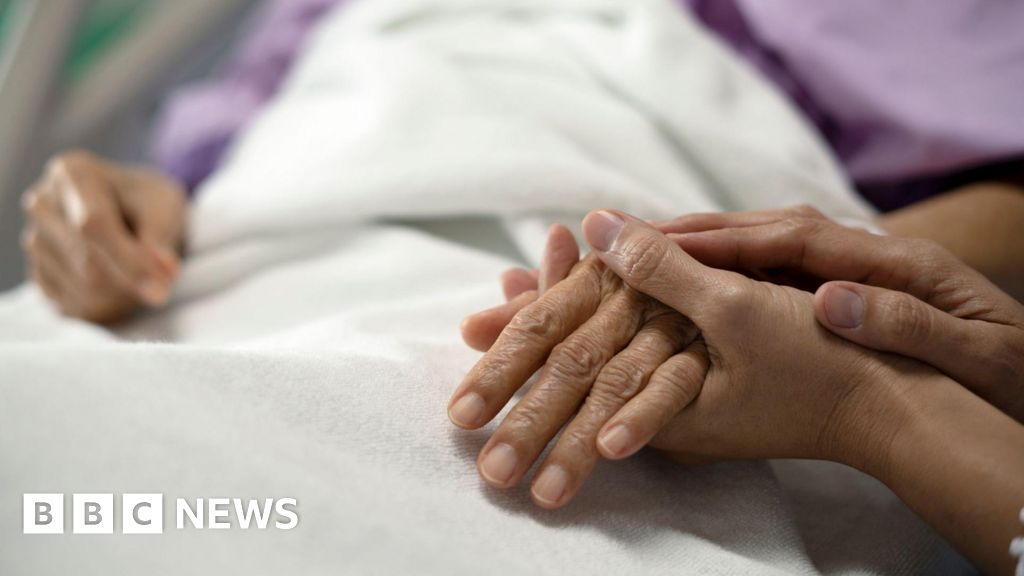Hospices in England are to receive £100m of government funding over two years to improve end-of-life care, Health Secretary Wes Streeting has announced.
Another £26m is going to hospices for children and young people, which is a continuation of money previously given through a grant.
It comes after hospice leaders warned they were forced to close beds due to increasing financial pressures.
Only about a third of hospice funding comes from the NHS – the rest has to be raised from donations, fundraising and charity shops.
Around 170 hospices provide end-of-life care for adults and around 40 provide hospice care for children and young people in England, with some hospices providing care for both.
The government said funding announced today was “the biggest investment in a generation” and would go towards improving buildings, equipment and accommodation.
That will include refurbishing bedrooms and bathrooms for patients and providing comfortable overnight facilities for families as well as improving hospice gardens and green spaces.
Health and Social Care Secretary Wes Streeting said: “Hospices provide the care and support for patients and families at the most difficult time so it is only right they are given the financial support to provide these services.
“This package will ensure they will be able to continue to deliver the compassionate care everyone deserves as they come to the end of their life in the best possible environment.”
For hospices, which provide both community and in-patient care, there had been increasing concern because of the prospect of higher employer national insurance contributions. These new funds could help free up cash to pay for this.
Charity, Hospice UK, had asked the government for £110m to help keep England’s hospices going during this year and next.
Details on the £100m announced will be shared with the hospice sector in the new year.
Toby Porter, from the charity, said the extra funding would allow hospices to continue to reach “hundreds of thousands of people every year with high-quality, compassionate care” and relieve pressure on the NHS.
The debate over assisted dying has increased the focus on hospices, with some arguing that the priority should be raising the quality of end-of-life care to allow patients to make more informed choices.

